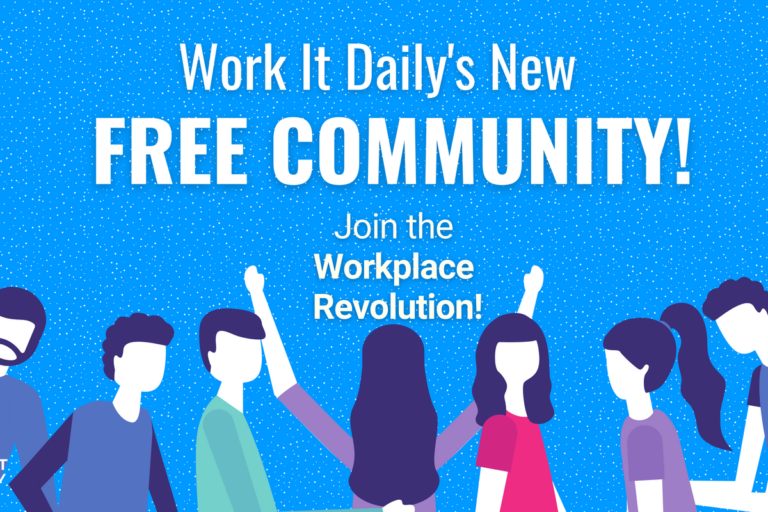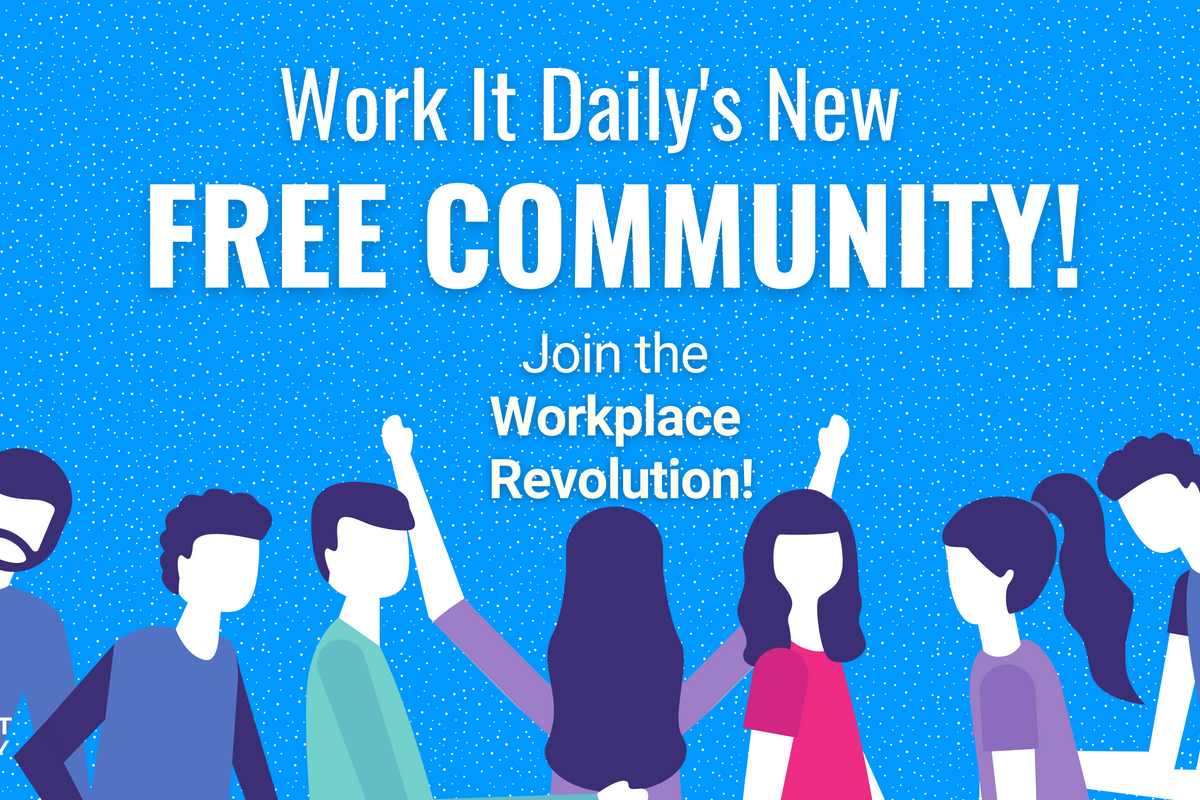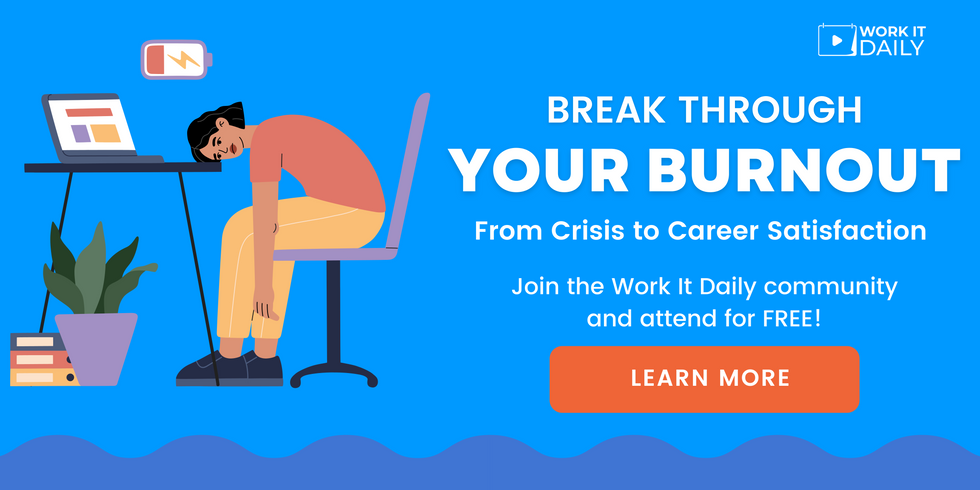Interview Hack: #1 Secret To Answering Hard Interview Questions

When you’re in the hot seat at a job interview, thinking of the best answers can be challenging. In this post, we’ll share our #1 secret for answering hard interview questions. Think of it as an interview hack…
Document Everything!
It’s important to bring up relevant and clear examples that prove you’re a fit for that job. But if you struggle to remember specific examples during interviews, you should create a running document of accomplishments. This document will help you prepare for interviews more effectively because all of those examples will be fresh in your mind. Basically, it allows you to review your accomplishments before you go into an interview rather than sitting there trying to think of relevant examples to showcase.
So, what kinds of things should you be putting on this document? Here are a few suggestions:
1. Relevant Quantifiable Accomplishments
Quantifiable accomplishments tie your professional accomplishments to numbers. Remember: numbers = results = value. During the hiring process, your job is to prove that you’ll be a value-add to that company. Quantifiable accomplishments allow you to showcase your value. So, think of all of your previous professional accomplishments and write them down.
2. Challenges You’ve Overcome
Think about all of the challenges you’ve overcome in your career in order to snag that promotion, work with that difficult co-worker, or get that client. Employers want to know these kinds of stories. They want to know you can adapt to situations and overcome difficulties. So, think about all of those challenges you’ve been up against and how you were able to push through successfully. Tip: use the Experience + Learn = Grow model, especially while answering behavioral interview questions.
3. Stories That Reinforce Your Enthusiasm For The Industry/Company
What is it that makes you so enthusiastic about your work? What’s the root of your motivation for working in this particular field, doing this particular job, for this particular company? Write these things down. Employers want to know that you’re passionate about what you do. They want to know you’re in it for more than just the money.
Don’t let your fear of answering hard interview questions stall your job search! Keep a document with all of these items in it. To make this easy, make it a habit to document these things as they happen. Keep everything in the document, pull relevant examples, and review before you head into an interview.
Need More Help Answering Difficult Interview Questions?

We hope you found this hack to be helpful in answering tough questions in your next interview. If you need more help preparing for a job interview, landing a job, or changing careers, we’re here for you. We’d love it if you joined our FREE community. It’s a private, online platform where workers, just like you, are coming together to learn and grow into powerful Workplace Renegades.
It’s time to find work that makes you feel happy, satisfied, and fulfilled. Join our FREE community today to finally become an empowered business-of-one!




















































